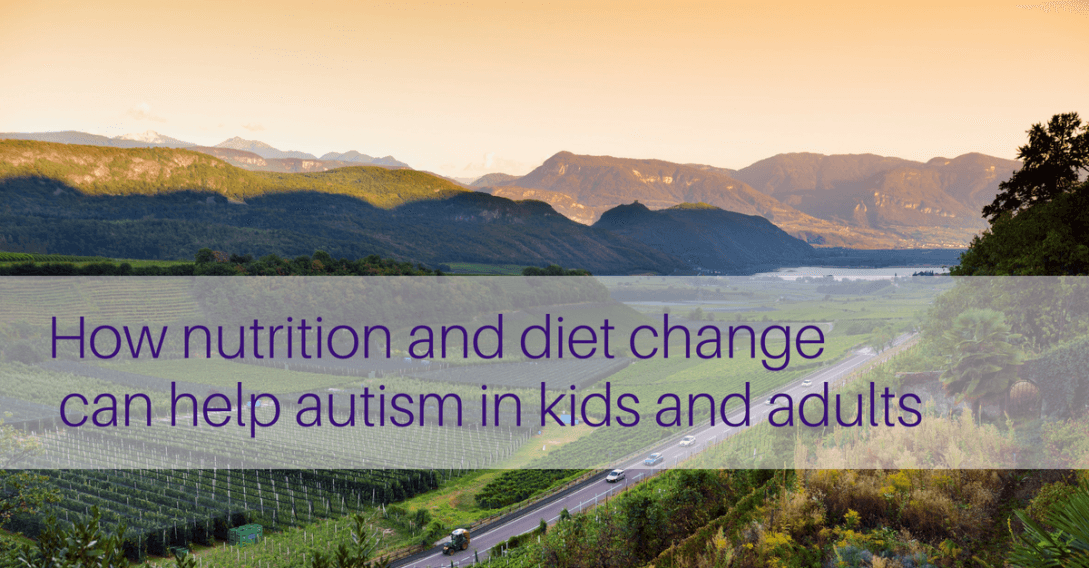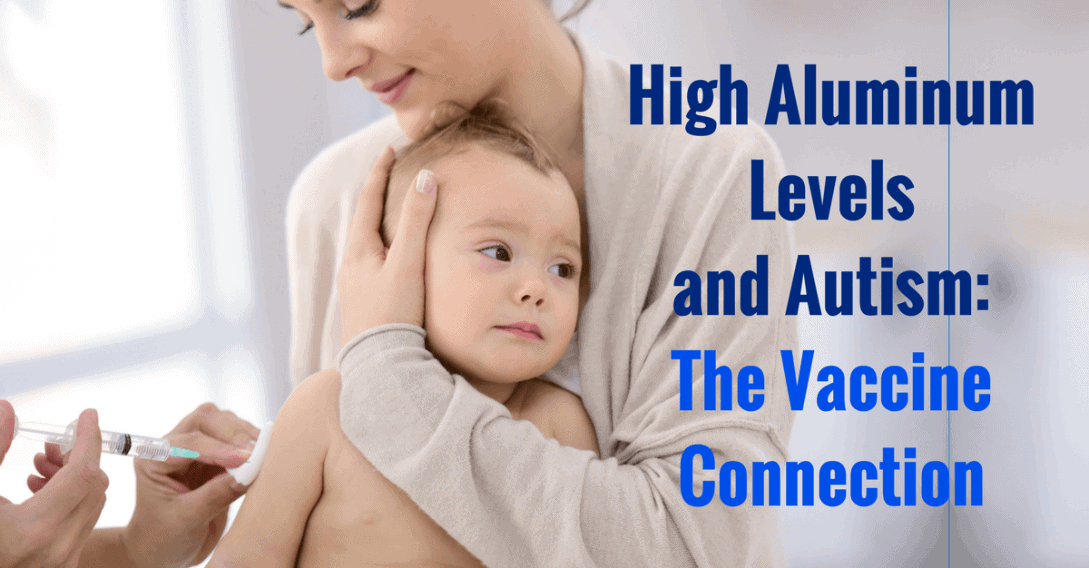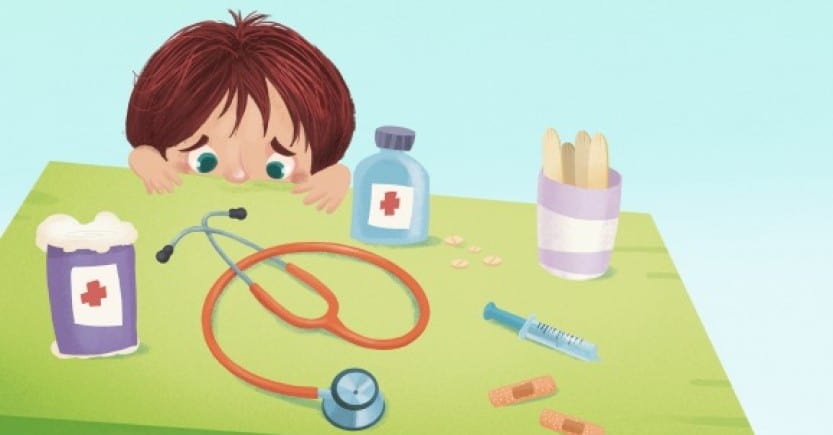Study Proves Nutrition and Diet Can Improve Autism
Contrary to historical medical beliefs and public education and perception, new controlled twelve-month study shows that diet and nutritional intervention significantly improves the symptoms, cognition, digestive health, and behavior in individuals with Autism Spectrum Disorder […]












